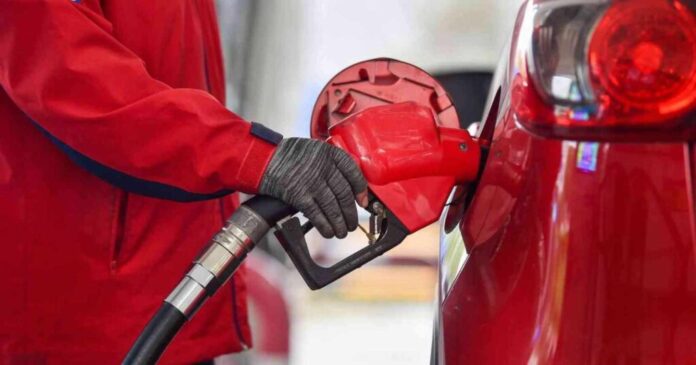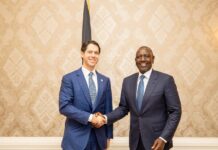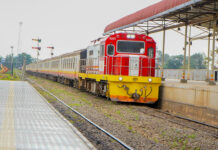Kenya now has the highest fuel prices in East Africa following the latest review by the Energy and Petroleum Regulatory Authority (EPRA), sparking renewed debate over government accountability and regional disparities in energy costs.
In the update announced Monday, EPRA raised petrol by Ksh.8.99, diesel by Ksh.8.67, and kerosene by Ksh.9.65 per litre. This pushed pump prices in Nairobi to Ksh.186.31 for petrol, Ksh.171.58 for diesel, and Ksh.156.58 for kerosene, figures unmatched across the region.
The regulator attributed the hike to increased global landed costs, while Treasury Cabinet Secretary John Mbadi further blamed geopolitical disruptions, including the Israel-Iran conflict. However, critics were quick to contrast this with President William Ruto’s 2022 campaign rhetoric, in which he promised to dismantle “cartels” inflating fuel prices.
“How can fuel in Kampala, which relies on Kenya for its supply, be cheaper than here where it enters the country?” Ruto had asked in 2022, highlighting Kenya’s paradoxical pricing system.
Meanwhile, other East African nations are taking different routes to buffer their populations:
- Tanzania saw a drop in pump prices as of July 1, with petrol at Tzs 2,877 (Ksh.142.7). A strengthened Tanzanian shilling helped cushion the effect of global fluctuations, according to EWURA.
- Uganda is selling petrol at USh.5,050 (Ksh.182.21), slightly lower than Kenya. The Uganda National Oil Company (UNOC) blamed higher prices on Kenyan logistical delays but is shifting to Tanzanian import routes to stabilise supply.
- Rwanda has pegged petrol at 1,803 Frw (Ksh.161.32) and diesel at 1,757 Frw (Ksh.157.21), with the government citing fuel reserves and prudent policy as buffers against global shocks.
- Ethiopia, after scrapping fuel subsidies in June 2025, now charges Ksh.114.49 for petrol, among the lowest in the region, despite public unrest over the change.
Kenya’s steep prices are expected to drive up food and transport costs, deepening economic strain. As regional neighbours apply strategic cushioning mechanisms, analysts are questioning whether Nairobi’s fuel pricing model reflects inefficiencies, or deeper systemic issues yet to be addressed.
Written By Rodney Mbua



















